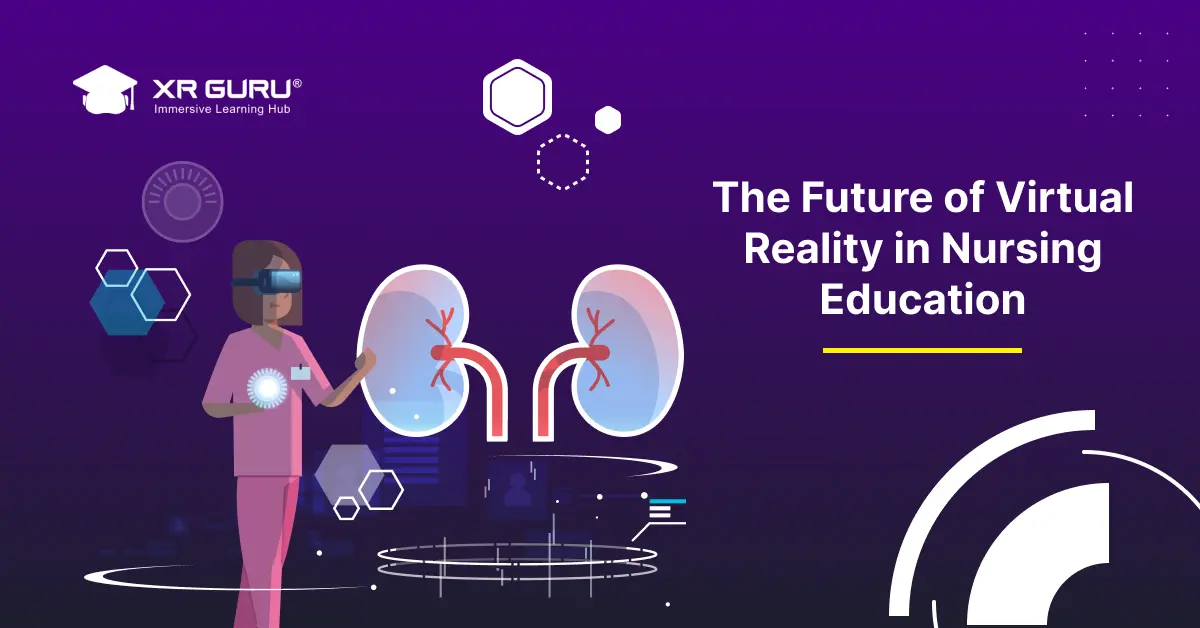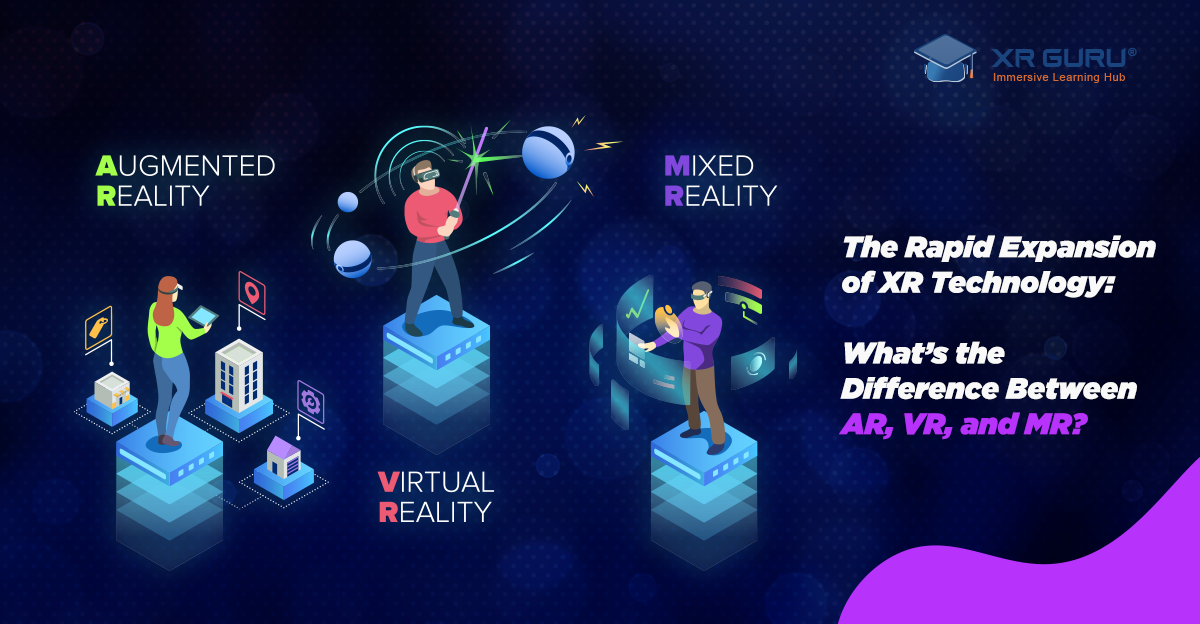Top 5 Challenges in Implementing VR in Schools

Besides having a positive impact in other fields, VR plays a significant role in transforming education. Virtual reality technology offers an immersive learning environment that enhances the learning experience. Virtual reality empowers teachers to explain the subject matter visually with interactive 3D models and helps students understand complex concepts clearly. Virtual reality promotes hands-on, practical learning, thereby improving the student's retention power.
While incorporating VR in schools has a plethora of benefits, it does not come without any challenges. In this article, we highlight some key challenges in implementing VR in schools.
1. Lack of Awareness
Many educational institutions are not aware of emerging EdTech developments, and as a result, they do not show the intent to adopt leading-edge tech solutions like VR in academies. Many schools have a conservative approach towards technology and are unwilling to change their curriculum unless VR makes serious inroads in education. However, VR has the potential to change education as we know it, but all efforts are futile if the administration lacks vision and turns a blind eye to adopting powerful technologies like VR in schools.
2. VR is Expensive
One of the primary obstacles in implementing VR is "price tag". To successfully implement Virtual Reality technology for schools, you need to invest in equipment such as VR headsets. These gadgets do not come cheap and can burn a hole in your budget. Since many schools operate on modest funds, they are reluctant to put more of their eggs in the VR basket. However, the prices of these tools are reducing, making them affordable for everyone.
3. Teachers are not Tech Savvy
It is vital that the teachers know the ins and outs of new tech before integrating it in the schools. So, teachers must learn first before they can teach the students. And having said that, teachers are used to teaching with physical textbooks, and it will be hard for them to switch to new teaching methods. Moreover, it is nearly impossible to train all teachers to be tech-savvy. This is one of the biggest hurdles in migrating from traditional learning methods to VR-powered learning.
4. Content Incongruity
We all know that content is the king when it comes to e-learning. Since VR technology is relatively new, one of the roadblocks in incorporating VR in schools is the lack of quality content. Hiring a software company to develop state-of-the-art VR content costs a lot of money, so only schools with a big budget can afford this. For many schools, "a light purse is a heavy curse," as they cannot afford to burn their money on VR content. Until the price to develop VR content comes down, it is going to be a hindrance in adopting VR solutions for schools.
5. Concern from Parents
While parents are usually open to the idea of using VR for schools, they also have few concerns that it may have some adverse effect on their kids. According to a 2018 survey report by Common Sense Media and Survey Monkey, 20 percent of parents state health concerns as a reason for not purchasing a VR device. Parents are also worried about other factors such as exposure to violent or explicit content, social isolation, or spending too much time with VR. To ensure the student's safety and to get more parents on the VR bandwagon, moderation and vigilant supervision by schools are pivotal.
Concluding Thoughts
Despite all these barriers in implementing VR for schools, the strategic benefits of joining the VR revolution are just too good to miss. With technology making strides each day, we can certainly get around the challenges to realize the potential of VR in the near future.
Are you looking to implement VR in your school? XR Guru is a one-stop solution to experience immersive learning. Our School Portal allows educators to create unique courses with curated VR content and provides a hands-on learning environment to help students engage with the lessons and understand complex concepts easily.
Get in touch with us for a free consultation on implementing virtual reality solutions for schools.
Claim Your Free Consultation



Comments
Post a Comment